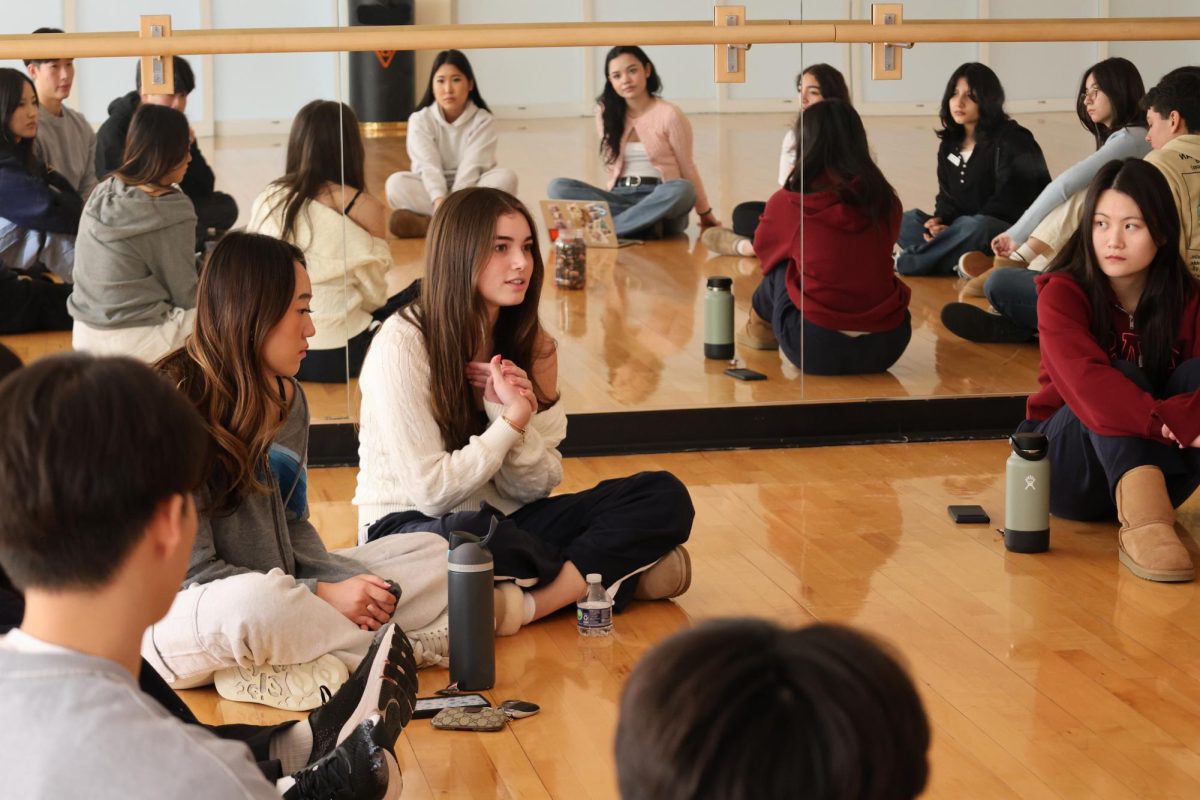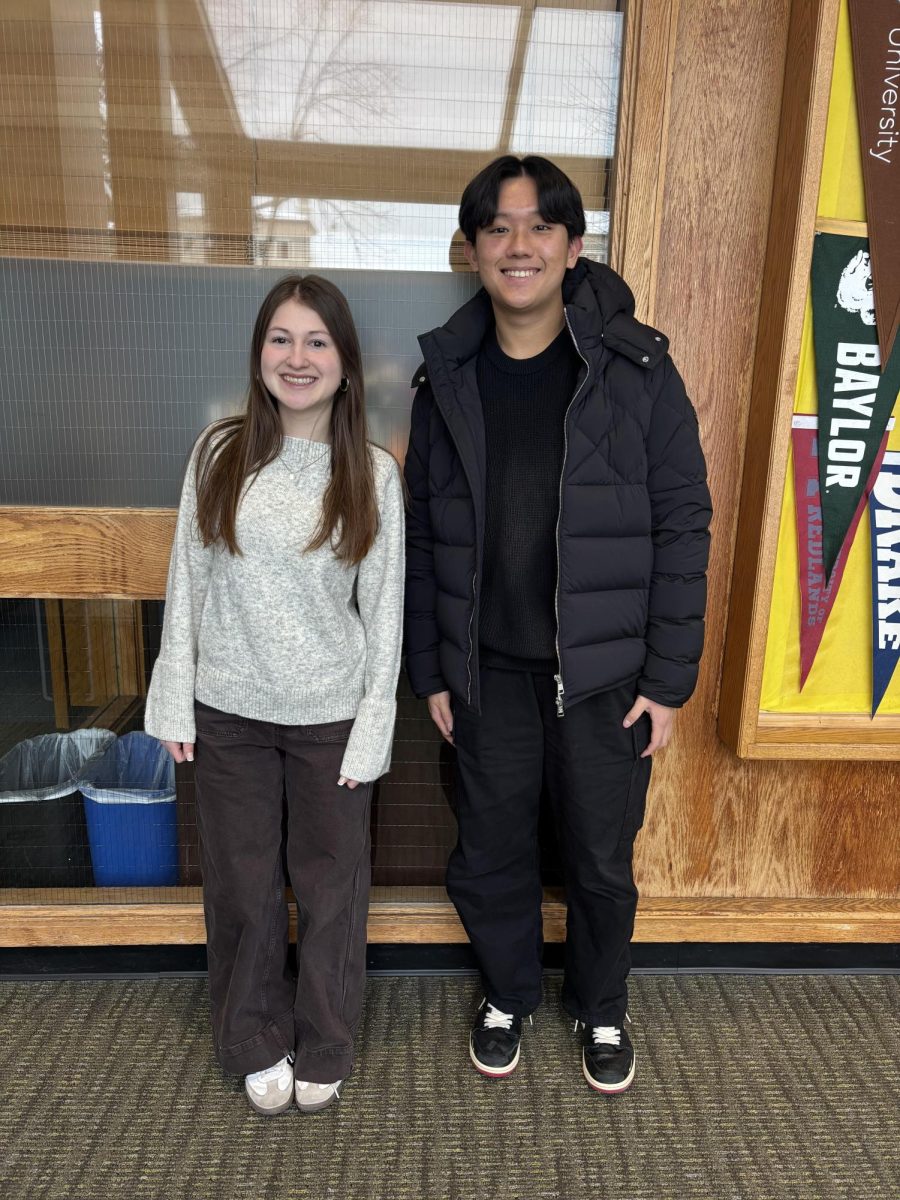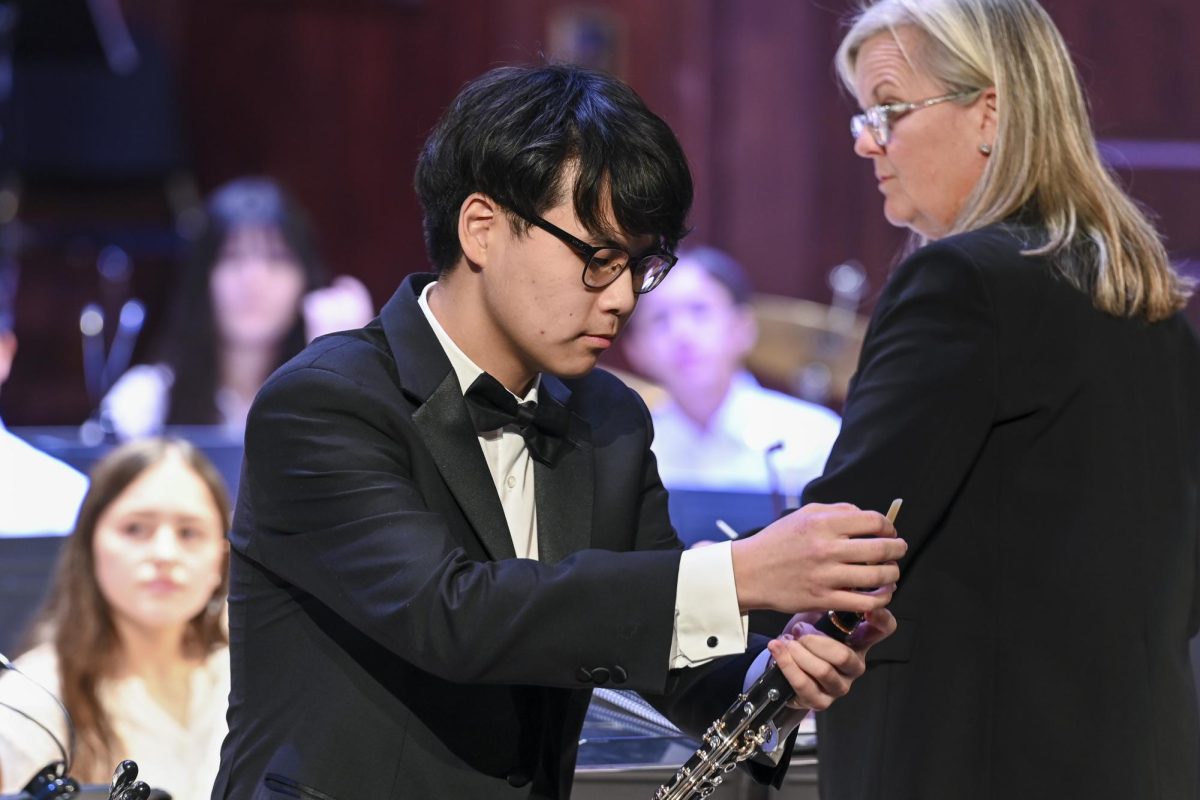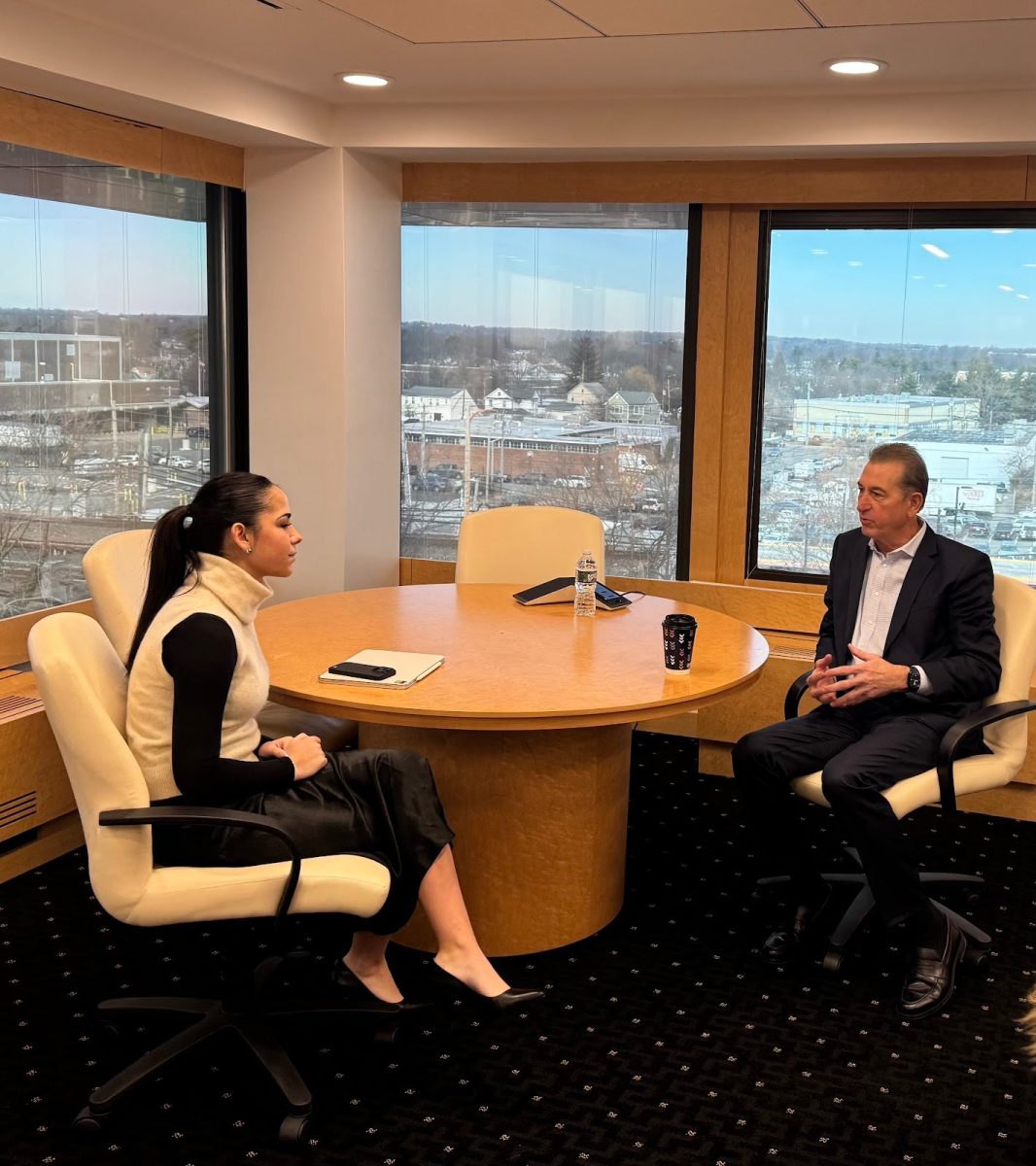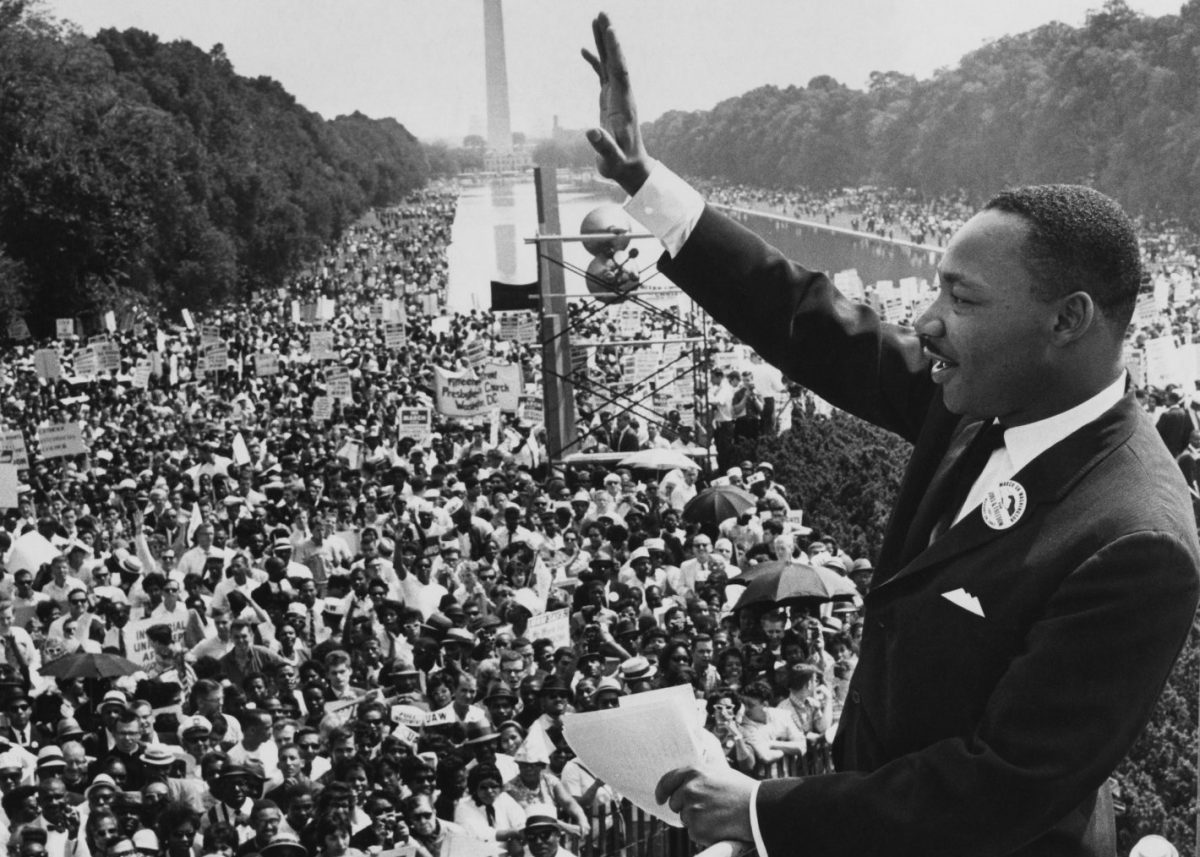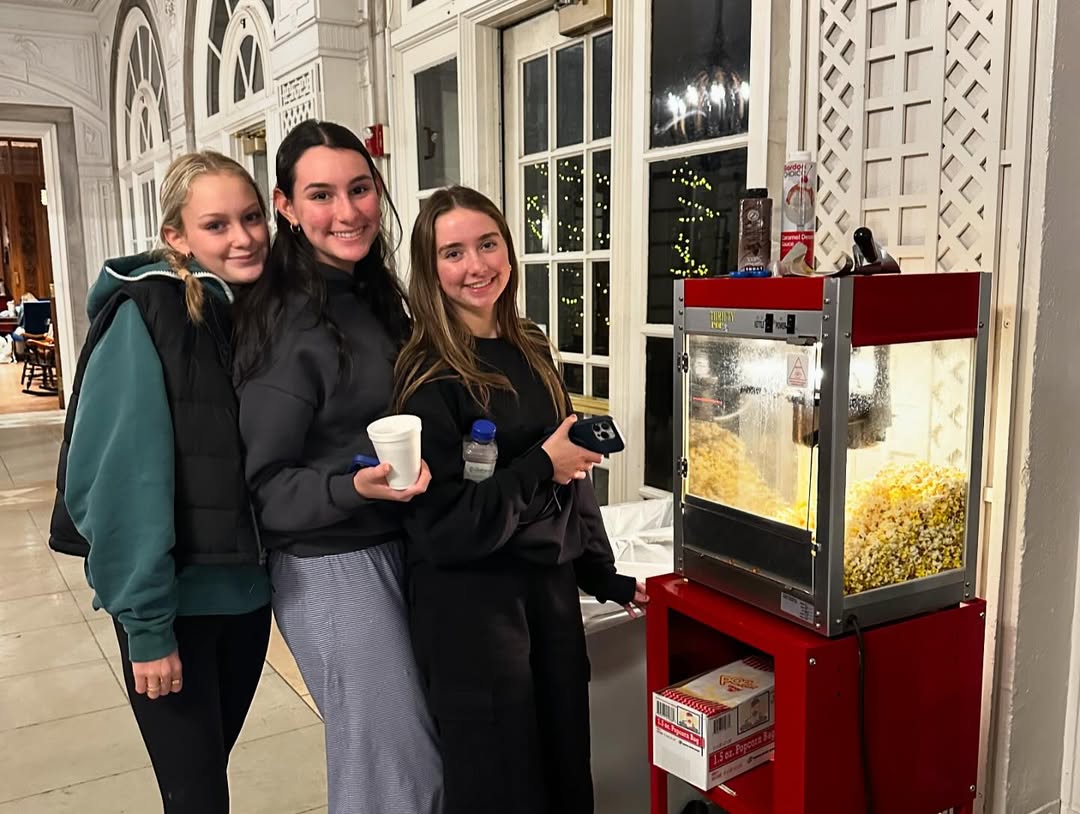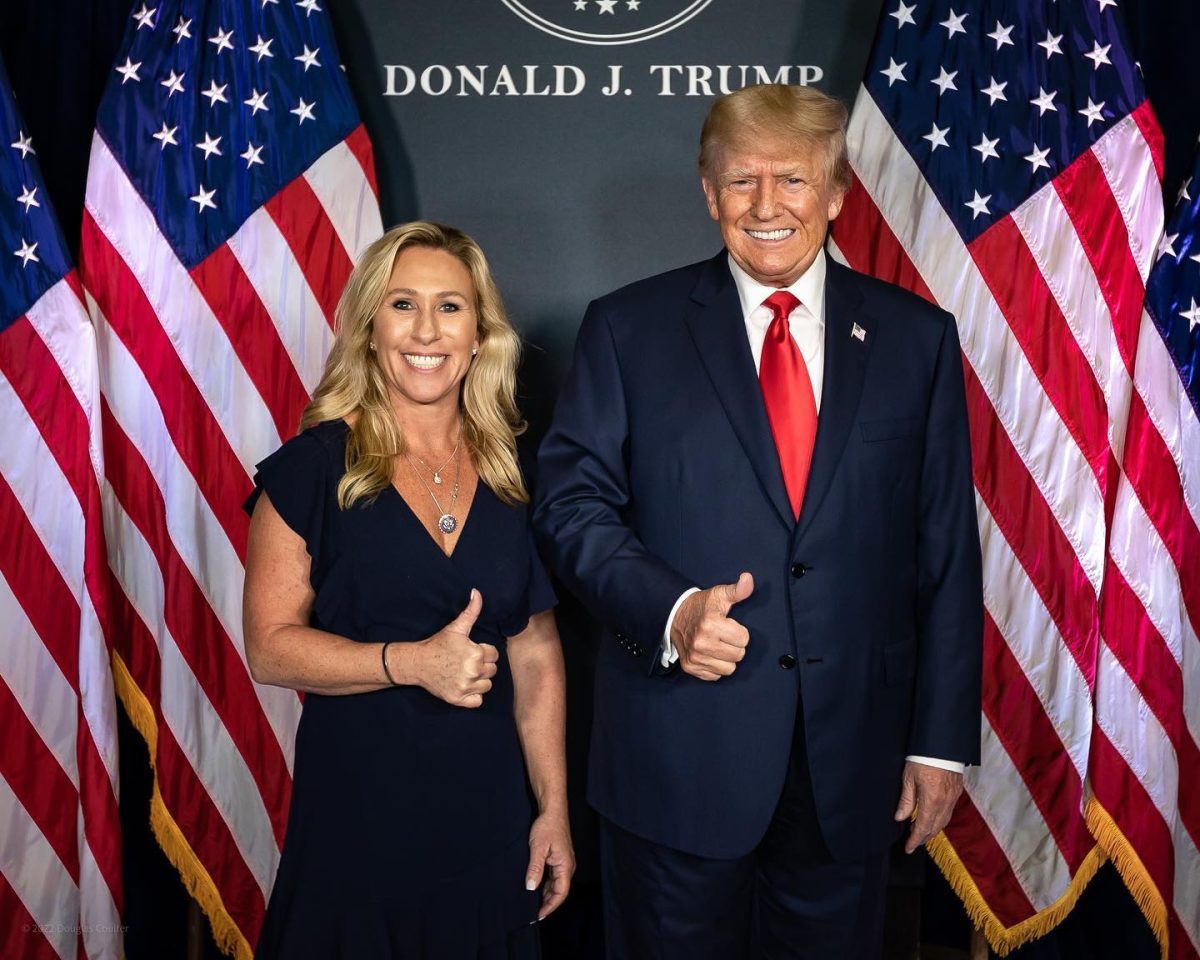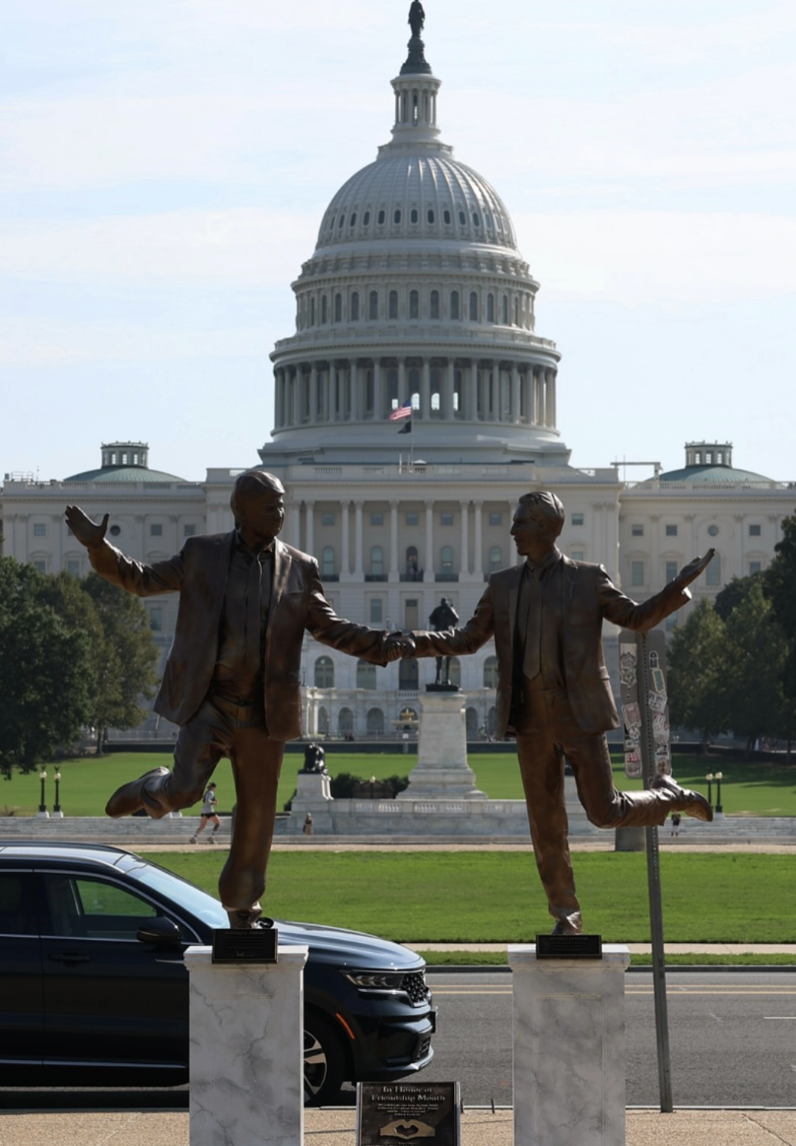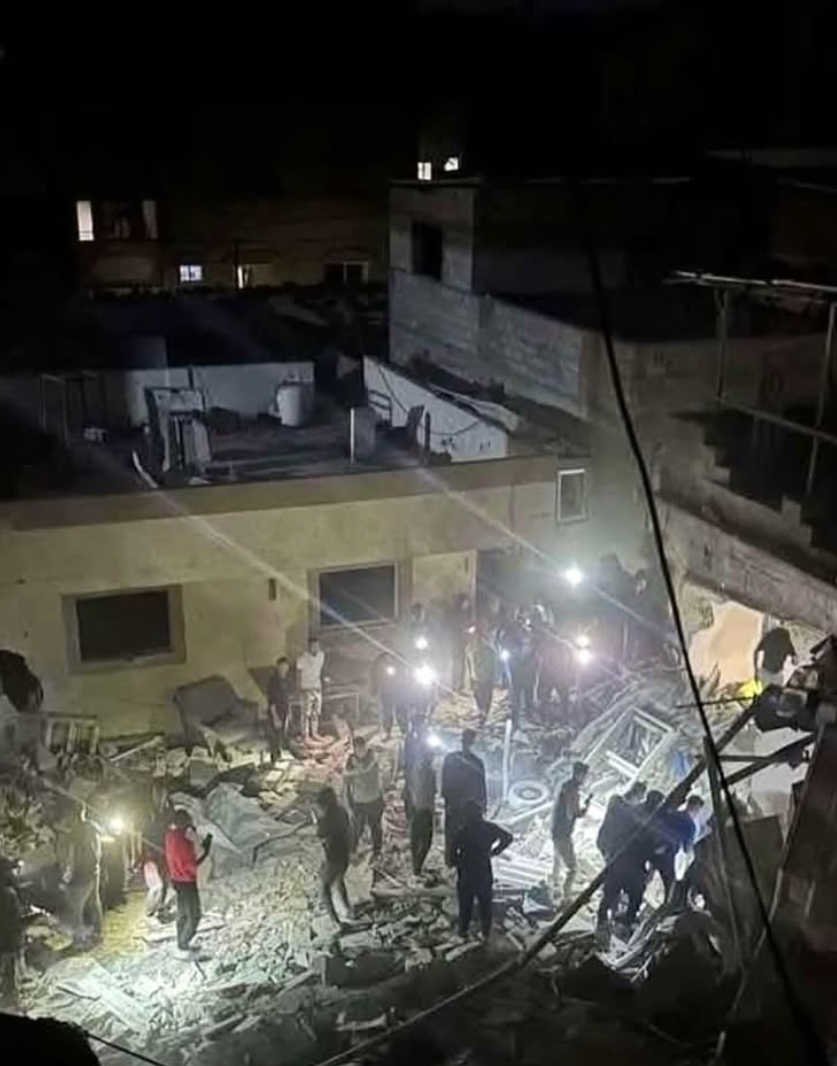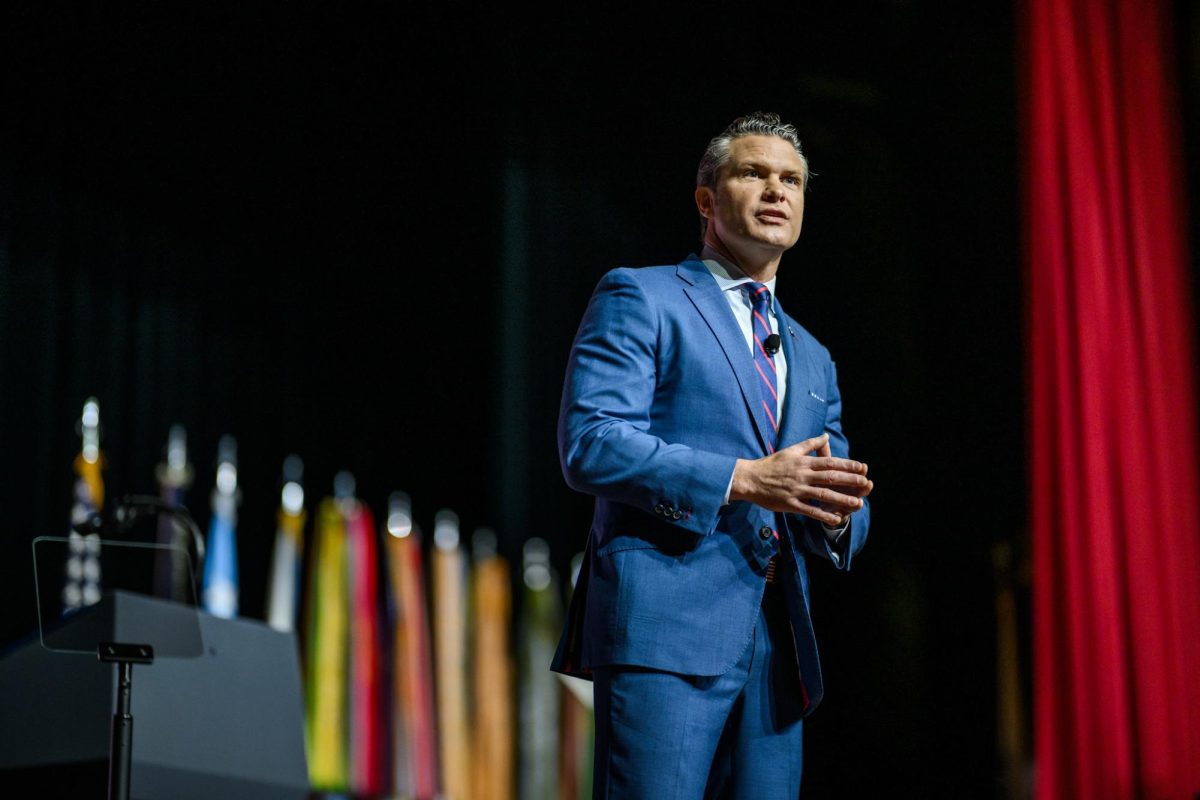With the political environment over the past year being as controversial as ever, I have witnessed — on more than one account — teachers voicing their political opinions to classes and students. After noticing this between September and December of 2024, the question has been raised in my mind: Should teachers be allowed to voice their political opinions to students? If not, does that infringe on their freedom of speech?
Following one of the most chaotic and controversial elections in the history of the United States, many Americans have felt the need to speak out, advocate for their beliefs, and publicly support the candidate who fights for their principles the most. I am for having civil conversations about one’s views of a candidate with evidentiary support for their claims; however, when those in positions of power voice their political views without evidence to students, discomfort and tension can potentially be created.
Repetitive, random and biased remarks on presidential candidates have on occasion been blurted out by teachers, disregarding the beliefs of other students in their class. In classrooms, where students come to learn and better themselves, it is puzzling that some teachers are able to sway students politically. Having seen these situations first-hand, it is challenging to know that teachers can exploit their positions as authority figures within the school with or without realizing it. Particularly over the duration of the tense election season, I remember exchanging uneasy looks with my peers after our teacher compared voting for a presidential candidate with voting for racism.
Along with students being made uncomfortable, parents have also expressed their disagreement with teachers not being politically neutral in discussions with their children when their role is more so to teach students and help them grow. It seems that some teachers repudiate students that have differing political opinions than their own, causing an environment to be created within LFA where some students feel unsafe to voice their opinions in a classroom. I believe that discussions with those who have differing political views are crucial to expanding one’s knowledge; yet, only when they are handled professionally and peacefully.
On the other hand, LFA prides itself on creating an environment where students and teachers may voice their opinions and have the freedom to discuss complex and disputable topics. LFA’s emphasis on one’s freedom of speech exceeds the majority of high schools and contributes to our communities’ achievements: whether that is through a private study, starting a social justice club or advocating for equality using the myriad of resources LFA offers. Therefore, obligating teachers — who help students voice their opinions — to be politically neutral is a form of censorship and infringes on their freedom of speech.
Furthermore, the teachers at LFA have many insightful political views and reasonings behind them; students have recalled engaging in peaceful discussions with teachers about differing, similar or debatable political topics. In these scenarios, an environment of quality education and personal growth is fostered.
Personally, in my past schools, I have never dealt with teachers voicing their political views to students as it was deemed inappropriate, while being neutral was an ethical way to keep peace within schooling institutions. Now, going to a much more involved school in current events and politics, I am very grateful for the ability to speak up on issues that I deeply believe in, while being surrounded by passionate and inspiring teachers.
To answer this very contentious query, teachers should not be forced to remain politically neutral or silent in front of students but should engage in professional and educational conversations with students — maintaining respect for their views whether they are identical or drastically different.


